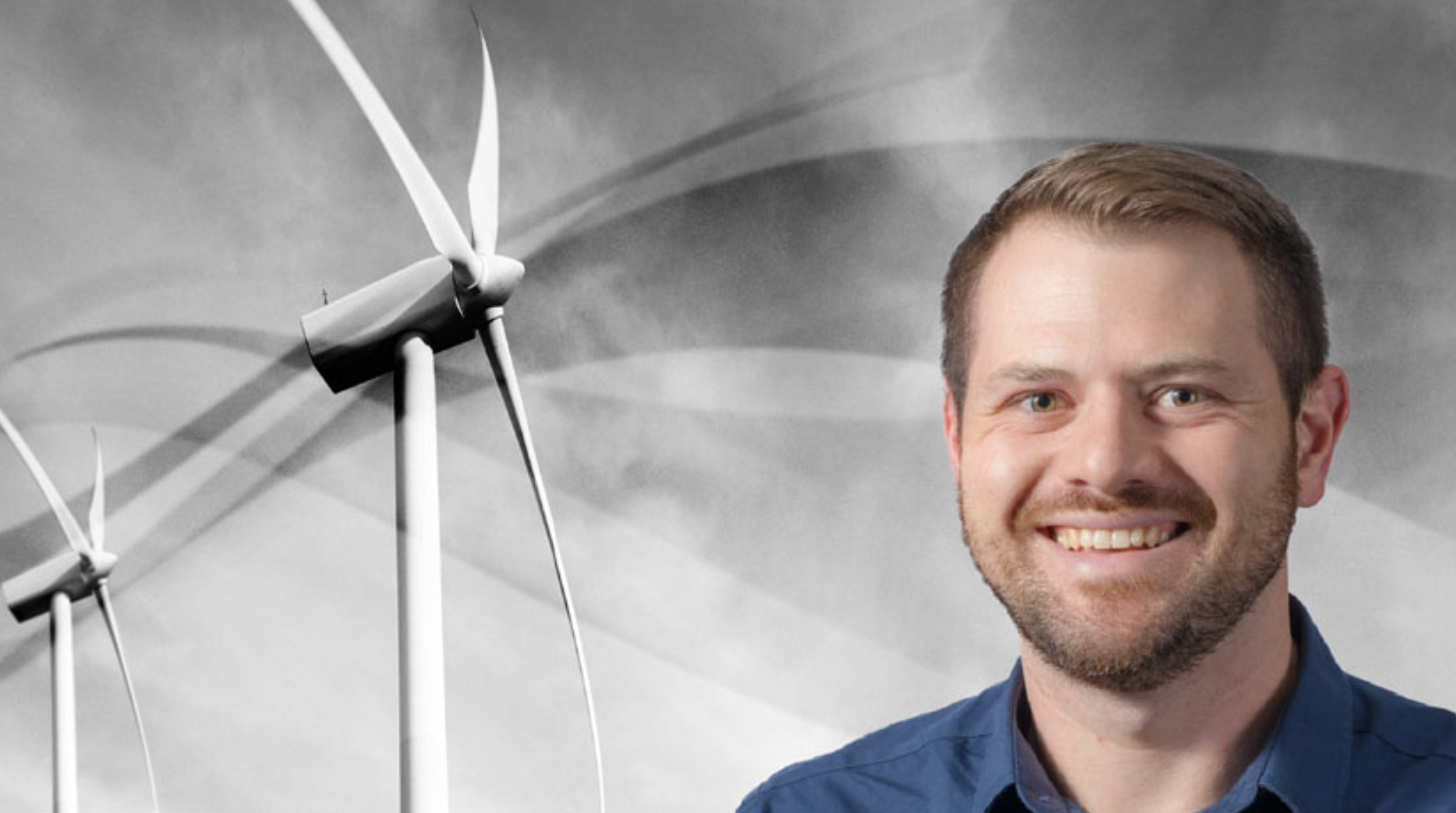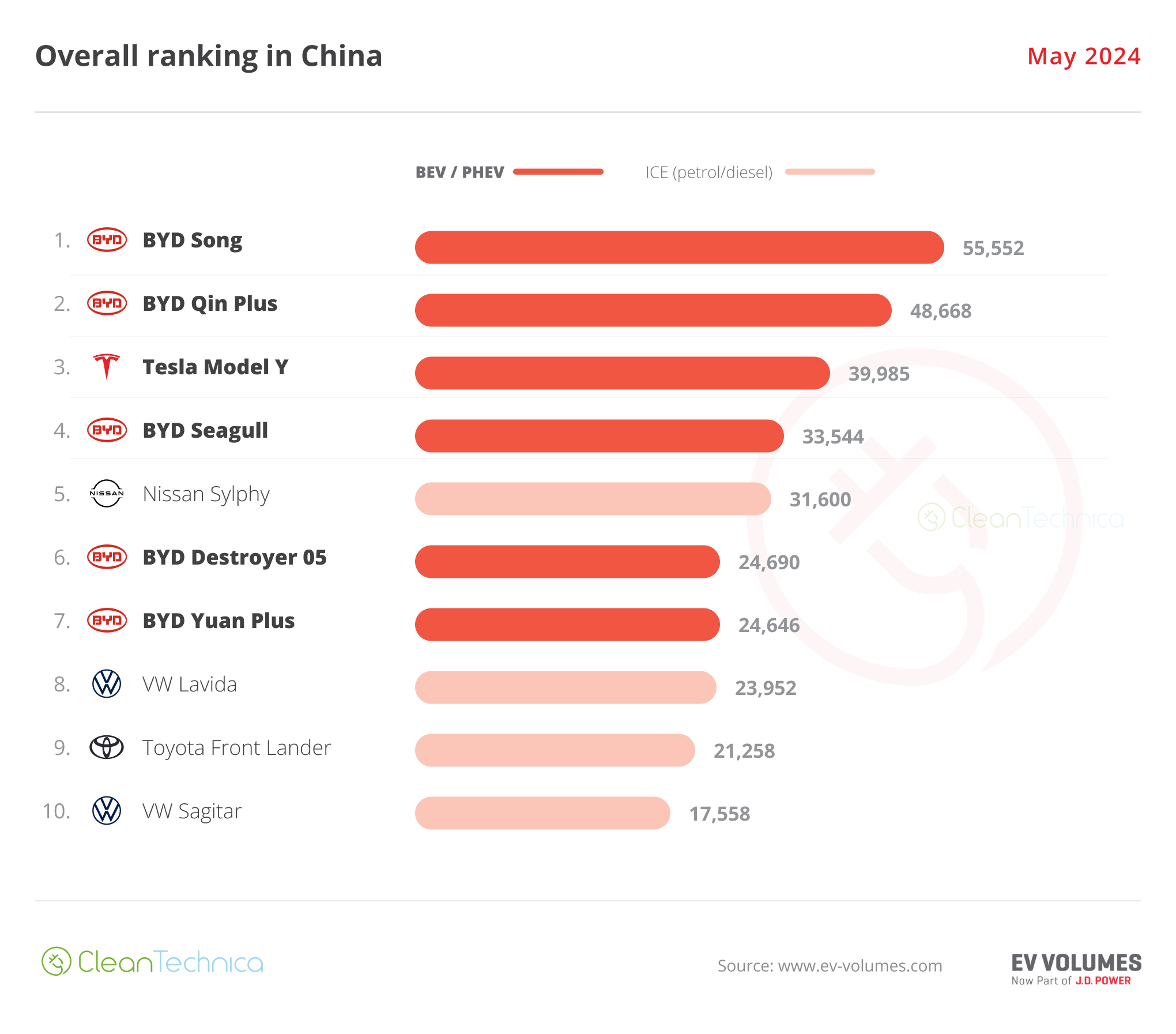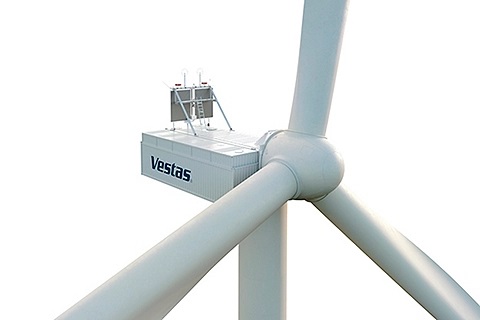Coates has established itself as a leader in equipment hire and solutions in Australia, with a clear focus on sustainability.
This focus is personified by Robyn Simpson, national manager of environment and sustainability, whose passion for the natural world was kindled during her childhood.
“The moment I became environmentally aware was on a farm in Dorrigo in NSW,” Simpson said.
“I’m eight, in pigtails and gumboots, and I saw, felt, and tasted for the first time, a groundwater spring-fed creek and dam on the farm. It was a beauty, full of life.”
This early connection to the natural world laid the foundation for Simpson’s career, where she has dedicated over two decades to environmental management with various roles in the mining and industrial sectors, culminating in her joining Coates in 2022.
She described her work as challenging but rewarding.
“My mission is to lead to make a difference, and the material impacts we can affect here, are worth the slog, especially at this critical time,” she said.
Among Coates’ values, the one that resonates most with Simpson is ‘be our best’.
“I am really into continuous improvement. I love feedback loops, lifelong learning, and teams working together for a goal.” she said. “I believe in being bold and brave to trial new ideas, remembering successful change is equally about how it is done, not just the result.”
By providing temporary equipment hire to customers, Coates’ business model is inherently circular.
“We operate in the share economy across Australian markets, which means our customers can be asset-light and dynamic,” Simpson said.
“The circular economy is one of the aspects of Coates’ business that I find immensely appealing from a sustainability perspective.”
Simpson is particularly enthusiastic about a specific project that encapsulates this value – Coates’ Greener Choices range of lower-emission and more sustainable equipment.
Launched in June 2022, the company has invested over $127 million to date in hybrid, battery-electric and solar models, as well as equipment with low pollutant engines, biofuel compatibility, energy efficient appliances and LED lighting.
The Greener Choices range represents a significant step towards helping customers deliver on their net-zero commitments, as well as helping Coates meet its own short term and net-zero targets for Scope 1 and 2 greenhouse gas emissions.
“Coates is also investigating and investing in alternate technologies as part of our substantial asset fleet,” Simpson said. “We are purposefully selecting products that have better environmental outcomes.”
Simpson pinpointed the introduction of Battery Energy Storage Systems (BESS) as a key development.
“Relying on a diesel generator 24–7 causes high fuel energy costs and resultant greenhouse gas emissions, and a disruptive, noisy environment,” she said.
“By utilising hybrid generation – that is, energy supplied from more than one source – a battery is added to a generator. The excess power produced by the generator recharges the BESS batteries.
“When operating at low load, the BESS supplies the energy, and when the load exceeds a threshold, or when the batteries are drained, the generator kicks back in.
“By monitoring the demand and generation, Coates can support our customers by downsizing the specified generator, saving them operational costs and greenhouse gas emissions by using less diesel.”
Simpson’s contributions at Coates have been recognised with the prestigious 2023 CEW ANZ Sustainability Scholarship, an award that supports the advancement of women leaders.
“It’s a huge honour to be selected,” Simpson said. “I look forward to attending the Leadership for the 21st Century course at Harvard Kennedy School in 2024.”
Simpson is eager to apply the insights she gains to “further influence meaningful change in Coates and beyond”.
Looking ahead, Coates anticipates significant milestones in its sustainability journey. Simpson is excited about the continued roll-out of solar across its nationwide branch network and electric vehicles to its light and heavy vehicle fleet.
“We have a vast, distributed network, so we need to work on more than 145 branches when leading change in our own backyards – solar, waste, transport, circular, energy, skills. It’s a logistical effort,” she said.
But Simpson foresees sustainability becoming “totally mainstream, considered automatically, when we assess and improve assets, our branch infrastructure, and support our people and their skills transformation”.
Aiming to integrate sustainability, Coates, with Simpson at the forefront, is helping transform the industry and foster environmental stewardship.
For insights into Coates’ sustainability journey, visit coates.com.au/sustainability.




